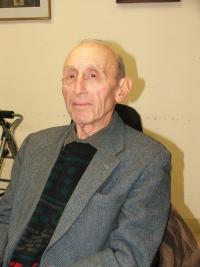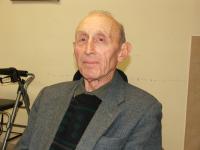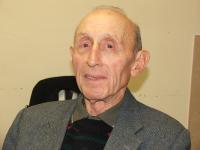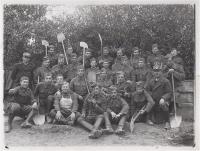“Why do you want to leave Czechoslovakia?” - “Because there is a state, I’m going to my state.”

Download image
Asher Lastovecký was born as Arpád Schachner in the village Lastovce in the Slovak region Trebišov in 1921. He changed his German-like name according to his birthplace Lastovce shortly after the war in 1945. His superior asked him to do so since he worked in public administration. He graduated from the Secondary School of Economics in Košice. As he was a Jewish he joined the army, the VI Labor Regiment of the Slovak Army, in 1941. He was dismissed from the Army about two years later. However, he went to the civil labor camp immediately after that. He stayed there till the outbreak of the Slovak National Uprising. He fought for the Uprising in the mountains not far from Zvolen. He was a public administrator - a notary public in East Slovakia - from 1946 till February 1949. He left for Israel in March 1949. He was an instructor of the Counterair Artillery in the Israeli Army. In Israel he worked in customs administration in the ports of Eilat and Haifa. He lives in North-Israel Haifa today.



